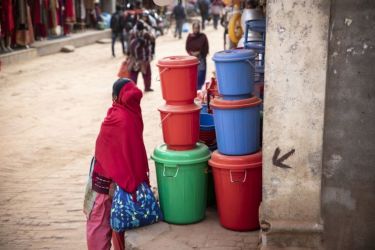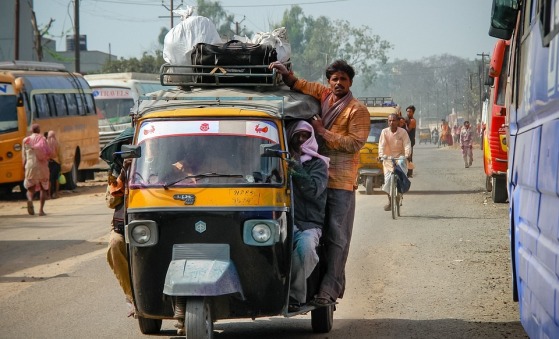
Nepal’s government has blocked 26 major social media platforms, including Facebook, X, Instagram, and YouTube, after the companies failed to register with local authorities by a Wednesday, September 4, 2025 midnight deadline.
Communication and Information Technology Minister Prithvi Subba Gurung announced the decision on September 5, stating that platforms were “repeatedly given notices to come forward and register their companies officially in the country.” The minister said the platforms would be blocked immediately.
The banned platforms include Meta’s Facebook, Instagram, and WhatsApp, alongside YouTube’s parent company Alphabet, X (formerly Twitter), Reddit, and LinkedIn. Users began experiencing outages on Thursday evening, with many reporting error messages reading “hmm... something went wrong” and “This site can’t be reached” when attempting to access these platforms through web browsers.
Only five platforms, including TikTok and Viber, will continue operating in Nepal as they have completed the registration process. Two others remain in the registration pipeline.
The government had set August 28 as the final registration date, later extending it with a seven-day grace period that expired on Wednesday night. “If they didn’t, the government would act accordingly,” ministry spokesperson Gajendra Thakur had warned on Wednesday afternoon.
The registration requirements mandate social media companies to establish local contact points, appoint grievance handlers, and designate compliance monitoring officers. Companies must also provide officials responsible for self-regulation within the country.
This enforcement follows a Supreme Court ruling delivered on Wednesday, September 4, 2025, where a joint bench of Justices Tek Prasad Dhungana and Shanti Singh Thapa issued a mandamus order supporting restrictions on unlicensed platforms. The court heard three related writ petitions filed since December 2020, demanding bans on unrestricted broadcasts through unlicensed social media platforms.
The move has drawn sharp criticism from digital rights advocates and free speech groups. “This directly hits the fundamental rights of the public,” said Bhola Nath Dhungana, president of Digital Rights Nepal. “A sudden closure like this is controlling.”
Ujjwal Acharya, director of the Center for Media Research, described the decision as “a mistake,” adding that “the oversight and control measures proposed by the Nepal government are simply too intrusive.”
Nepal has previously restricted social media access. The country blocked TikTok in November 2023 under the previous Pushpa Kamal Dahal government, lifting the ban in August 2024 after TikTok registered locally. Telegram was blocked in July this year over concerns about online fraud and money laundering.
The current ban affects millions of Nepali users who rely on these platforms for communication, business, and information. The government maintains the measure aims to curb online hate, rumours, and cybercrime whilst ensuring platform accountability.
The restriction will remain until the affected platforms complete their registration process with Nepali authorities.




